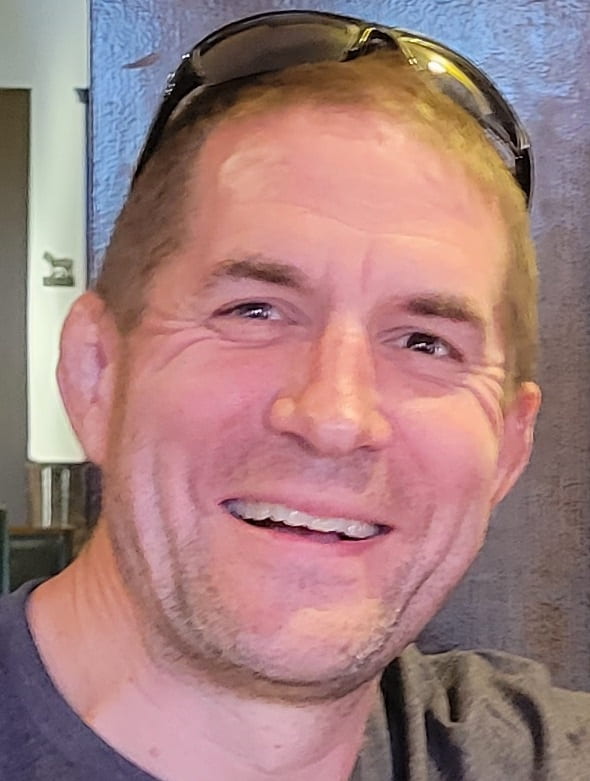
Speaker: Dr. Matthew Patitz, Associate Professor, Thomas Clinton Mullins Endowed Chair in Engineering, Department of Electrical Engineering and Computer Science
Date: Wednesday, January 24, 2024, 4:15 – 5:15 PM
Location: Science Engineering Hall (SCEN 403)
Title: An Introduction to DNA-Based Algorithmic Self-Assembly
Abstract: In this talk I will introduce an area of research that combines computational theory, complexity theory, geometry, chemistry, and DNA nanotechnology. We refer to this field as algorithmic self-assembly. In general self-assembly, disorganized collections of relatively simple components autonomously combine, via random motions and local interactions, to form more complex structures. In algorithmic self-assembly, the design of the components and their interactions forces the orders and locations of their combinations to follow a prescribed algorithm. Using algorithmic self-assembly we can program the interactions of components to autonomously build structures with precise dimensions using only logarithmic numbers of unique component types, and to compute arbitrary computable functions.
I will first introduce an abstract mathematical model of such systems, and then I will present a series of results that exhibit both the mathematical powers and limitations of such systems. A rich landscape of results and related models exist, helping to explain the complexity seen in natural self-assembling systems and exhibiting the promise of technologies based on self-assembly.
Throughout the talk, I will discuss a method of implementation of these systems using synthetic DNA-based components and discuss the current experimental state of the art, in comparison to the theoretical state of the art.
Short Bio:Matt grew up in Iowa and received his B.S. and M.S. in Computer Science from Iowa State University, then moved to Redwood City, CA where he was a software engineer for five years. He then returned to Iowa State and got his PhD in theoretical Computer Science, focusing on algorithmic self-assembly of DNA-based systems. After two years as an assistant professor at the University of Texas-Pan American, he joined the University of Arkansas, where he has been since 2012. He became an associate professor in 2017. He has received several grants from the National Science Foundation (NSF) to fund his research, including the NSF CAREER award in 2016. He has a wife, Andrea, and two daughters, Josie and Vivi. With two friends he co-founded a non-profit charity, Miracle Travel Works (MTW), in 2012 with the mission of providing funding to support families that need to travel to get their children to urgent medical care. MTW currently helps around 200 families per year and his family helps greatly with running it. He enjoys biking, wrestling, spending time with his family, and working on his research into theoretical and experimental studies of DNA-based self-assembling systems.
Recent Comments